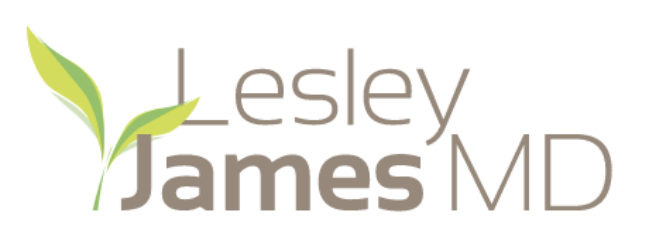Narrative Medicine uses a patient’s background and language to assist in clinical practice and research and is an effective and often cathartic approach to individualized healing. When physicians are able to address the personal “stories” that may work in conjunction with physical illness, we can validate the experience of the patient and promote a stronger relationship between patient and physician.
While many primary care and integrative physicians have utilized narrative medicine in their practices for quite some time, formal training in the subject was founded just 20 years ago at Columbia University, by Rita Charon, MD, PhD, and education in the field continues to grow.
For me, narrative medicine has always been a priority. Upon meeting with a patient for the first time, I typically spend at least 90 minutes talking with them in an effort to document their lives, from birth to present day. Part of this exercise includes “radical listening,” which allows the patient to speak without interruption and for me to absorb the information without any preconceived notions. For many, this is the first time they have been able to tell their story, and the result can be a therapeutic experience.
Over the years I have had several cases in which, during this exercise, patients were able to gain insight into the connection between their illness and what has occurred in their lives. One young man, for example, realized much of what he was struggling with was the result of trauma and, after our conversation, he reached out to let me know that he had not only found a therapist who specialized in his particular experience, but felt confident that he had started on the path to healing. Another patient realized through our conversation that grieving for her brother was negatively impacting her health.
Through narrative medicine, patients often recognize what may be a trigger or a tipping point in their lives, and that they may never have discovered the impact these events have had on their health had it not been for unreservedly telling their story.
Narrative Medicine

This form of communication not only helps to uncover information about the patient but helps the physician to remain empathetic, improve diagnostic logic, and often uncover important metaphors. I find it fascinating how patients describe symptoms and that their wording may relate to illness. For example, a patient might experience vertigo, but will also describe how stress, their daily expectations, and life events make them feel as though they are “spinning out of control.”
It is not uncommon for patients to feel that they are reduced to a list of symptoms and a diagnosis, and, thankfully, narrative medicine offers another technique to view patients as a whole. As an integrative physician, it is an honor to be privy to a patient’s stories and is one of the most rewarding aspects of my work. While many have experienced great suffering, I am constantly amazed at their resilience, creativity, passion, and beauty, and consider it a gift to reach the core of the human condition.
Worth Reading
Bohanon, Mariah, The Evolving field of Narrative Medicine Reaches the ‘Core of the Human Condition,’ Insight into Diversity/2019.
Charon MD, PhD, Rita, What to do with stories, The sciences of narrative medicine, NCBI/2007


